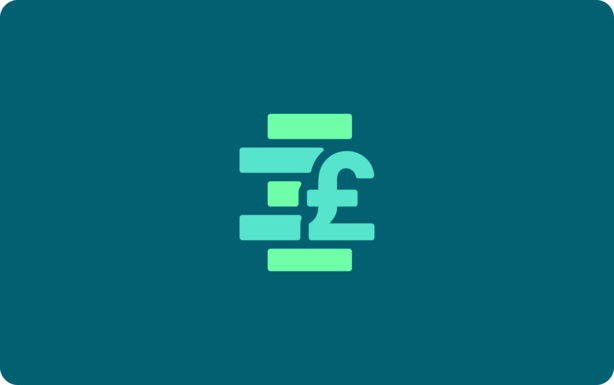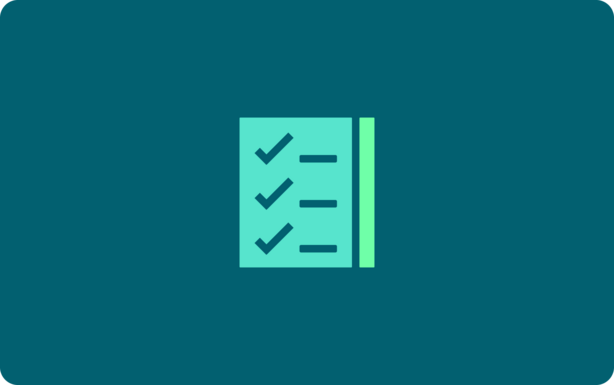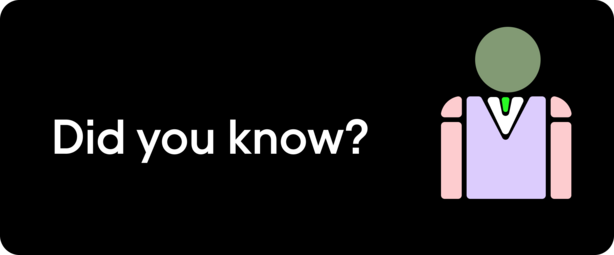Essential Steps for Self-Employed Cash Payment Reporting

For self-employed individuals in the UK, reporting cash payments accurately is crucial for tax compliance. Understanding the intricacies of cash payment reporting can ensure you avoid potential legal issues while accurately paying taxes owed.
This guide walks you through the essential steps in reporting your cash income, offering valuable information to help navigate this often-complicated process. With the right tools and assistance, such as the Pie Tax App and expert tax assistants, managing your tax obligations becomes manageable.
What You Need to Know About Cash Income
As a self-employed individual, you are legally required to report all income, including cash payments. Ignoring this can result in penalties. Establishing a system to track these payments is vital to ensuring accurate reporting.


Maintaining Accurate Records of Cash Transactions
Effective record-keeping is crucial for reporting cash payments. A clear and organised system that includes invoices and receipts ensures you can track all cash income and avoid discrepancies during submission.

4.4 million people in the UK were self-employed in early 2023, highlighting the growing trend. With more people handling cash transactions, understanding reporting requirements is more important than ever.Increase in Self-Employment and Its Impact

Over 50% of self-employed individuals face compliance issues yearly. This statistic underscores the need for tools and expert guidance to navigate self-employment tax obligations effectively.Ensuring Compliance with HMRC Regulations

Ensuring Accuracy in Cash Payment Reporting
To start, keep meticulous records. Use software like the Pie Tax App to simplify the process, ensuring all cash payments are logged immediately and correctly. This records all income sources, making it simpler to summarise during tax season. Alongside, ensure all invoices and receipts are saved digitally and physically.
Beyond record-keeping, understanding applicable deductions is essential. Utilise the expertise of tax assistants on the Pie app to maximise reliefs while staying compliant. These professionals can identify allowable expenses, reducing your tax burden legally and efficiently.
Simplifying Reporting with Pie Tax App
Integrating the Pie Tax App streamlines your tax process. This software provides real-time income snapshots, alerts for tax deadlines, and immediate support for any queries through your phone. This accessibility and expert support simplify the complexities involved in managing self-employment taxes.
But technology is just part of the solution. Coordination with expert tax assistants can offer personalised advice tailored to your unique financial situation. These experts ensure you are taking advantage of all legal deductions, crossing all T’s and dotting all I’s in your self-employed financial dealings.

Top Tips To Maximise Your Deductions

Maximise Your Deductions Effectively Keep all business-related receipts to claim them as valid expenses. This practice can significantly reduce your taxable income.

Manage Your Income Set aside a percentage of each cash payment for tax. This ensures enough savings when taxes are due.

Consult regularly with a tax expert They can provide insights into potential tax-saving strategies tailored to your business

Fun Facts
Despite digital transactions dominating, 12% of self-employed individuals still prefer cash payments, valuing their convenience and speed.
Advising on Cash Payment Record Management

Cash payments require diligent management. First, establish a routine to document transactions immediately after they occur. This habit reduces errors and omissions. Use the Pie Tax App to facilitate this habit, leveraging its reminders and organisational tools.
Moreover, regular audits of your records can uncover discrepancies early. Compare your records against bank statements periodically to ensure all cash transactions are accounted for. This proactive approach minimises inaccuracies and instils confidence in your financial tracking methods.

Technological tools simplify cash payment processes. Software like the Pie Tax App ensures you're compliant with record-keeping and reduces administrative pressure, allowing focus on growing your business.Technology Enhances Financial Precision

Engaging with expert tax assistants provides invaluable support. They guide you through tax planning and strategy, ensuring your business's financial health is maintained while staying compliant.Professional Guidance Guarantees Compliance
Summary
Navigating self-employment tax obligations, especially cash payments, requires careful planning and precise execution. Establishing an organised system for invoice and receipt management is crucial, supported by technologies like the Pie Tax App to streamline the process.
Regular consultation with expert tax assistants on the Pie app not only ensures compliance but can also unearth potential savings through legal deductions. Proper cash payment reporting not only fulfils legal obligations but offers peace of mind, freeing you to focus on what you do best—running your business.
Frequently Asked Questions
How do I report cash income to HMRC?
Use the self-assessment tax return to declare all cash income. Consider Pie Tax’s assistance for streamlined submissions.
Are there penalties for failing to report cash payments?
Yes, penalties apply. Failure to report can lead to stiff fines. Ensure compliance by meticulously logging all transactions.
Can Pie Tax assist with small business taxes?
Absolutely, their expert tax assistants offer tailored advice, ensuring your small business is compliant and tax-efficient.
How can software help with tax compliance?
The Pie Tax App tracks all incomes and expenses, providing real-time tax insights and ensuring all deadlines are met.
What deductions can self-employed individuals claim?
Deductions range from office supplies to travel expenses. Engaging with a tax expert ensures all allowable deductions are utilised effectively.











